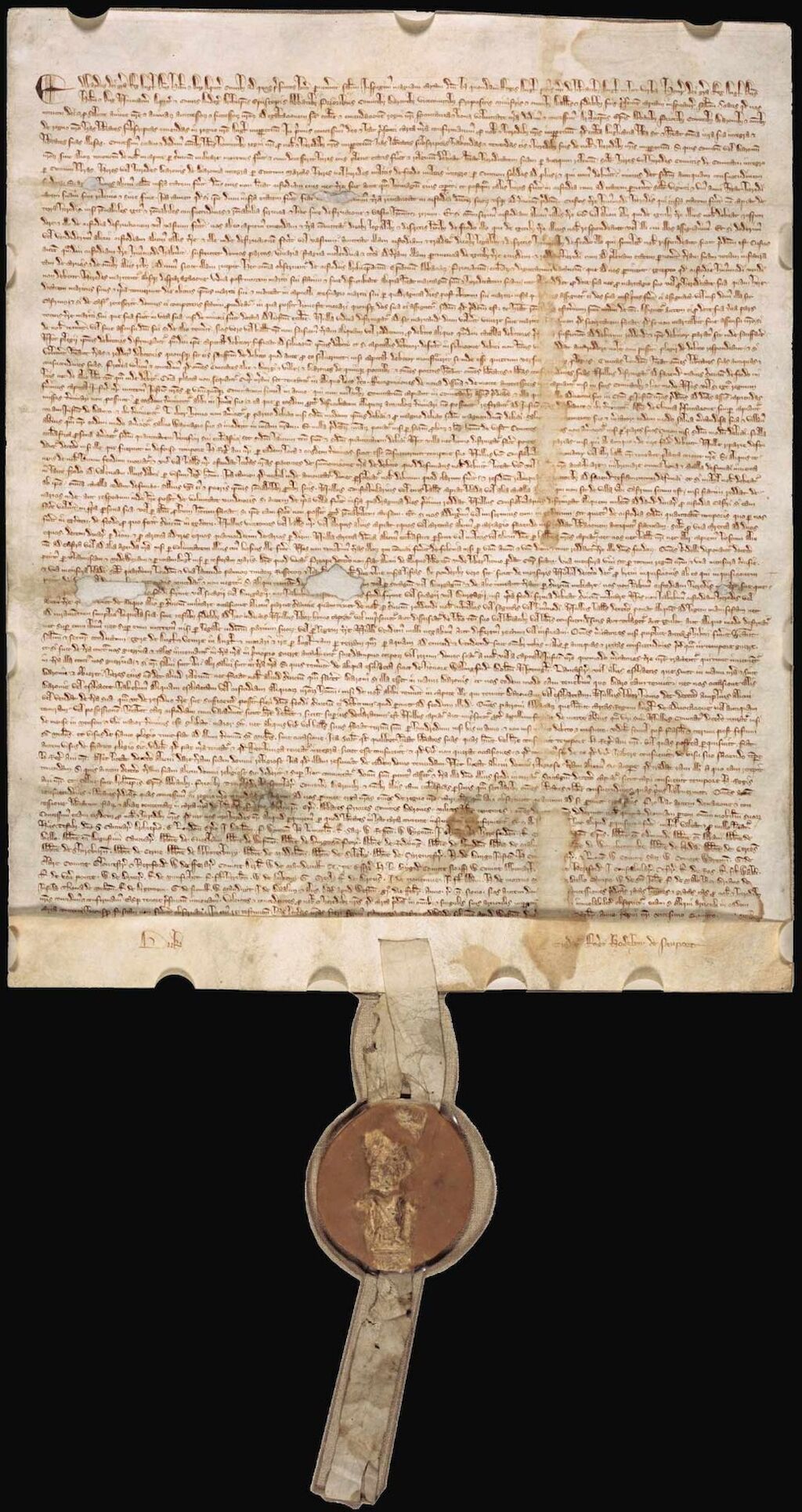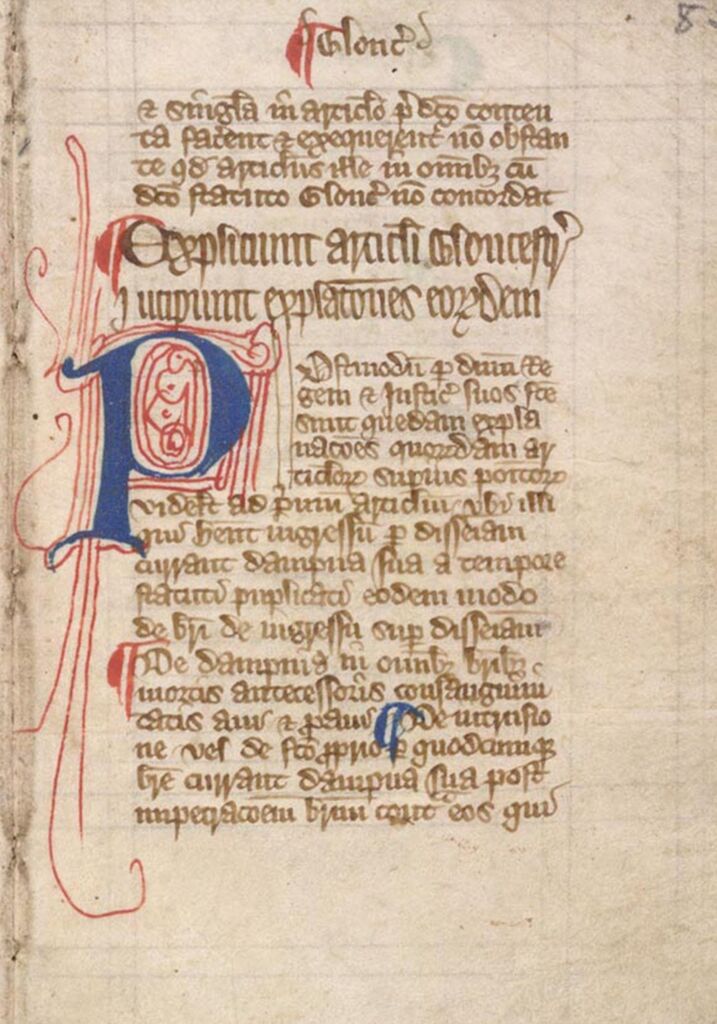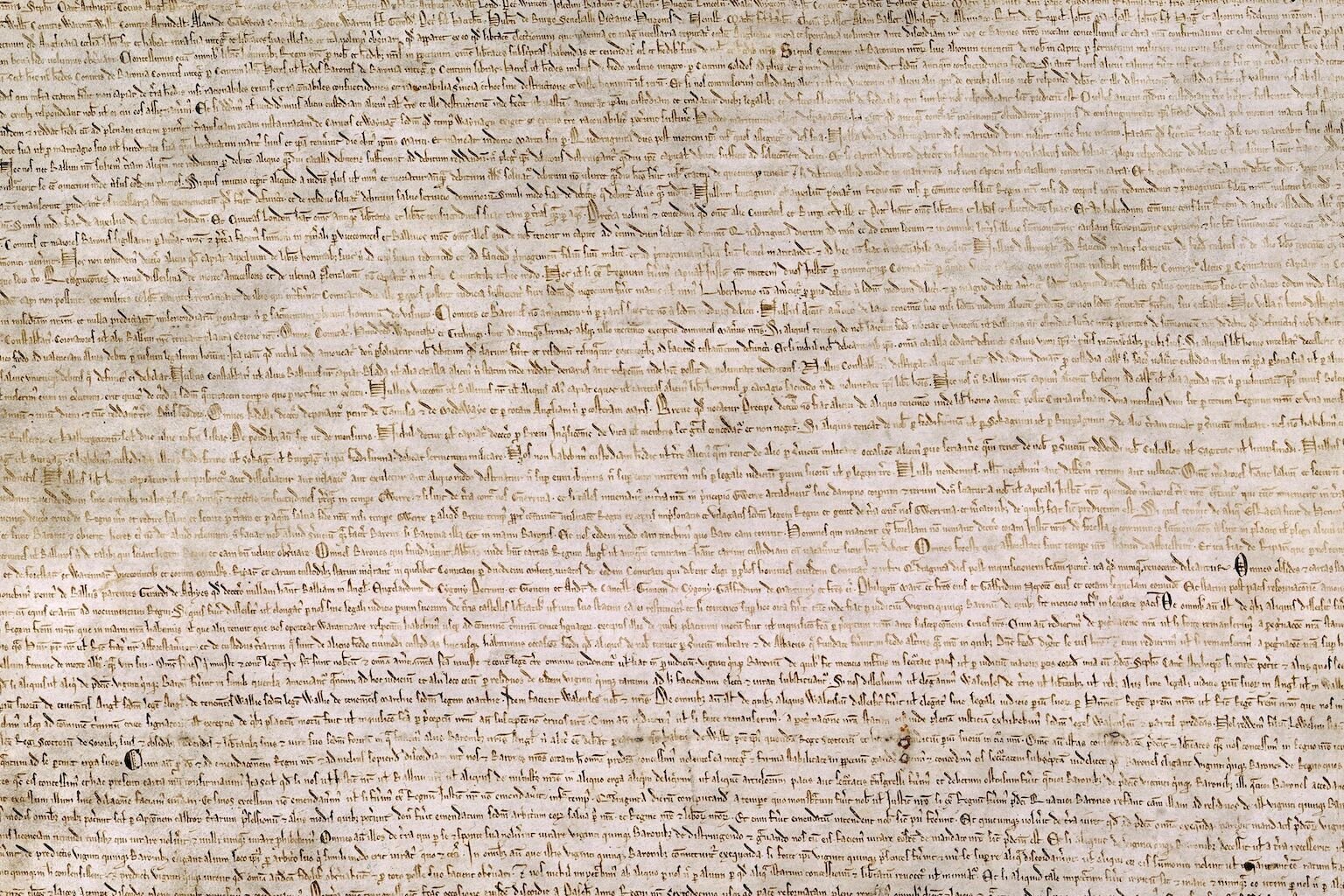1215 Magna Carta
No other document has left its imprint on the development of human rights as the Magna Carta. Born out of the conflict between King John and his Barons in 1215, the “Great Charter” is one of the most important documents in the world.
The Magna Carta established the principle that all free men have the right to justice and a fair trial, and that no one, not even the King, is above the law. These principles inspired documents centuries later including the United States Bill of Rights (1791). In promoting the UN’s Universal Declaration of Human Rights, former First Lady Eleanor Roosevelt said it was her goal to set up a ‘Magna Carta for mankind’.
“No freeman shall be taken, or imprisoned, or outlawed, or exiled, or in any way harmed, nor will we go upon him, nor will we send upon him, except by the legal judgement of his peers or by the law of the land. To none will we sell, to none deny or delay, right or justice.”
The Magna Carta stands as a living document, a testimony to our collective human memory on the development of our inalienable human rights. Four original copies of the Magna Carta, sealed by King John remain with us today. These four 1215 documents are recognised by the UNESCO Memory of the World Programme.










